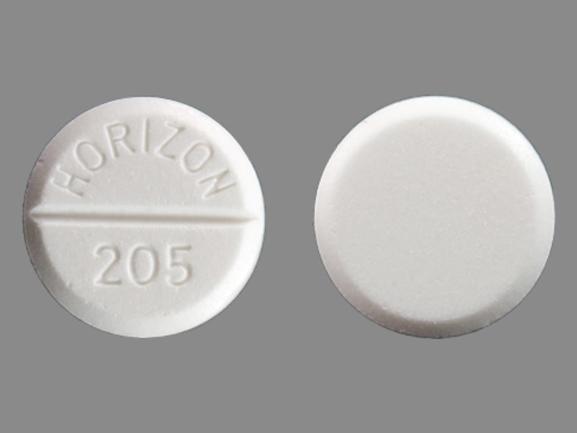Robinul Forte Interactions
There are 204 drugs known to interact with Robinul Forte (glycopyrrolate), along with 15 disease interactions, and 2 alcohol/food interactions. Of the total drug interactions, 5 are major, 182 are moderate, and 17 are minor.
- View all 204 medications that may interact with Robinul Forte
- View Robinul Forte alcohol/food interactions (2)
- View Robinul Forte disease interactions (15)
Most frequently checked interactions
View interaction reports for Robinul Forte (glycopyrrolate) and the medicines listed below.
- acetaminophen
- Adderall (amphetamine / dextroamphetamine)
- Ambien (zolpidem)
- Augmentin (amoxicillin / clavulanate)
- B-Complex with B-12 (multivitamin)
- baclofen
- biotin
- ciprofloxacin
- clonazepam
- Colace (docusate)
- Cymbalta (duloxetine)
- famotidine
- gabapentin
- Lexapro (escitalopram)
- magnesium citrate
- metformin
- Norco (acetaminophen / hydrocodone)
- pantoprazole
- prednisone
- Protonix (pantoprazole)
- Singulair (montelukast)
- Synthroid (levothyroxine)
- Topamax (topiramate)
- tramadol
- Valium (diazepam)
- Viibryd (vilazodone)
- Vitamin D2 (ergocalciferol)
- Vitamin D3 (cholecalciferol)
- Zantac (ranitidine)
- Zofran (ondansetron)
Robinul Forte alcohol/food interactions
There are 2 alcohol/food interactions with Robinul Forte (glycopyrrolate).
Robinul Forte disease interactions
There are 15 disease interactions with Robinul Forte (glycopyrrolate) which include:
- arrhythmias
- autonomic neuropathy
- GI obstruction
- glaucoma
- obstructive uropathy
- tardive dyskinesia
- infectious diarrhea
- myasthenia gravis
- ulcerative colitis
- psychoses
- Down's syndrome
- liver impairment
- renal impairment
- hypertension
- fever
More about Robinul Forte (glycopyrrolate)
- Robinul Forte consumer information
- Compare alternatives
- Drug images
- Side effects
- Dosage information
- During pregnancy
- Generic availability
- Drug class: anticholinergics/antispasmodics
- Breastfeeding
Related treatment guides
Drug Interaction Classification
| Highly clinically significant. Avoid combinations; the risk of the interaction outweighs the benefit. | |
| Moderately clinically significant. Usually avoid combinations; use it only under special circumstances. | |
| Minimally clinically significant. Minimize risk; assess risk and consider an alternative drug, take steps to circumvent the interaction risk and/or institute a monitoring plan. | |
| No interaction information available. |
See also:
Further information
Always consult your healthcare provider to ensure the information displayed on this page applies to your personal circumstances.


